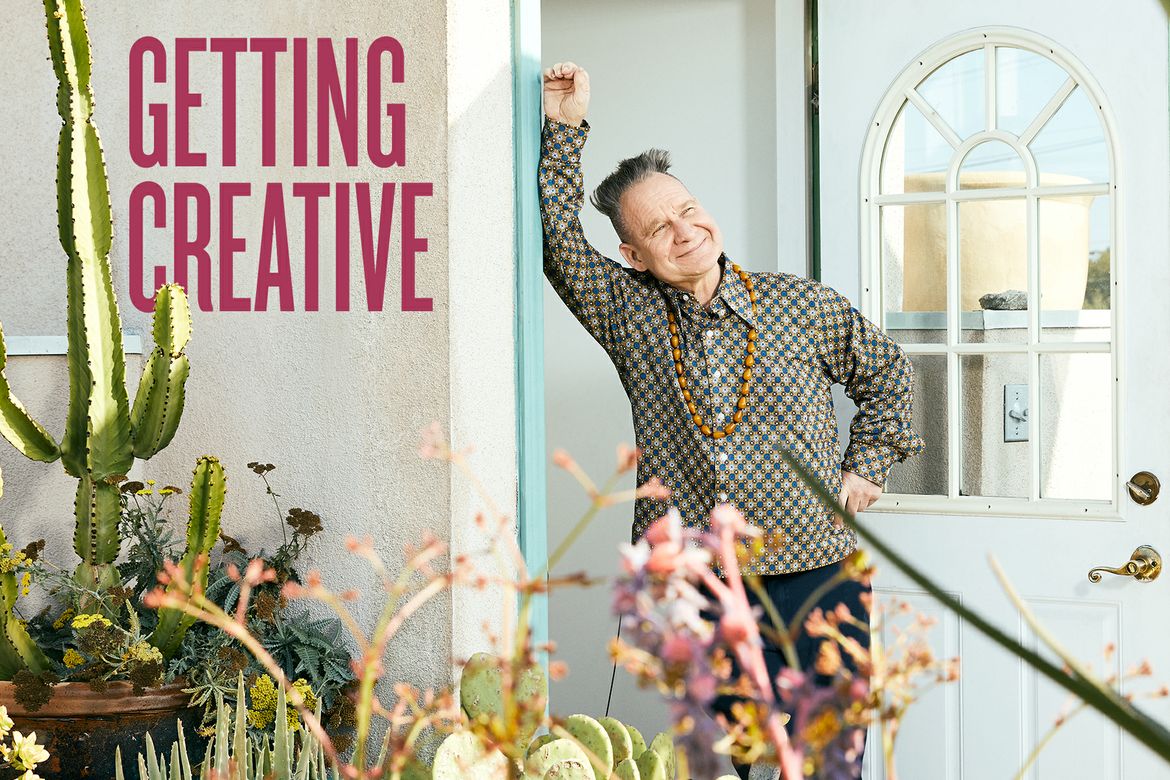In the forthcoming movie Songbird, Hollywood producer Michael Bay flashes forward to Los Angeles in 2024, a city stricken by COVID-23 and locked down under violent martial law.
It’s just one of several pandemic-themed films currently in the works. And while some of these movies might be dismissed as tone-deaf and quickly forgotten, the COVID-19 pandemic will continue to have a profound effect on the worlds of storytelling, art and entertainment.
According to some of UCLA’s most influential artistic visionaries, the pandemic has already challenged long-standing creative endeavors and accelerated the shift to digitally expressed and distributed art forms.
“High art,” such as corporate-sponsored opera and ballet establishments, will face the greatest challenges, suggests Peter Sellars, distinguished professor in the UCLA Department of World Arts and Cultures/Dance at the UCLA School of the Arts and Architecture.
Sellars, an innovative director who often relocates operas and classic works of theater to contemporary settings, believes such grand houses are a relic of the 19th century. Many will prove to be physically, culturally and financially unsustainable, he says, and they will either close or share their facilities with other art forms.
“Major institutions are incapable of delivering what art will now be required to do,” he says. “New creators and new audiences will be searching out intimate experiences with a sense of the personal, the immediate and the authentic — it’s the immersive at close range. In short, human scale.
“Democracy, social justice, racial justice, food justice, environmental justice and the arts need to be reconfigured, freshly energized and redirected from a hands-on, grassroots, communal and participatory impulse,” Sellars says.
“Culture gives us a way to properly grieve that the daily news cannot give us,” he continues. “We need the rituals, the communal structures and the music that allow us to acknowledge, process and share collective grief and loss. And we need visionary acts of imagination that mobilize and empower us to move forward differently and to turn a new page in history. It’s up to us to find new ways to heal more deeply and emerge from COVID-19 wiser and clearer.”
Read the full article from UCLA Newsroom
